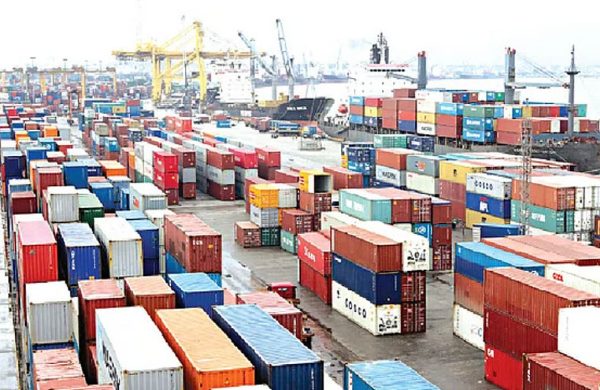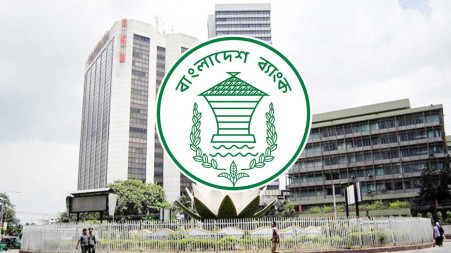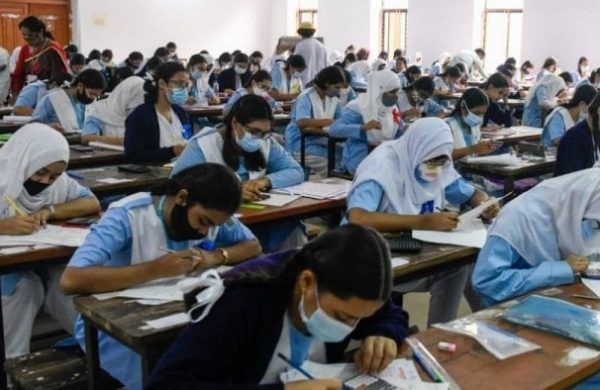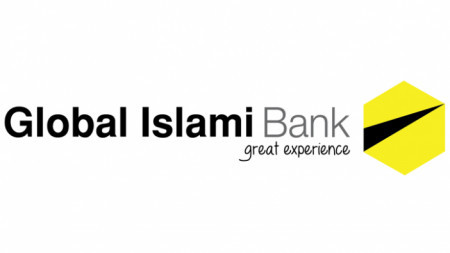Exports rise in top 10 markets
- Update Time : Wednesday, June 18, 2025

Staff Correspondent:
In the first 11 months of the current fiscal year, Bangladesh exported $7.09 billion worth of ready-made garments (RMG) to the United States, which is up by 17 per cent or $1.03 billion compared to the same period last year.
During July–May of FY2024-25, RMG exports increased in all of its top 10 export destinations, including the US. Notably, six of those markets registered double-digit growth, according to an analysis of the latest data from the Export Promotion Bureau (EPB).
The top destinations for Bangladesh’s RMG exports are the United States, Germany, the United Kingdom, Spain, France, the Netherlands, Poland, Italy, Canada, and Japan. Each of the countries imports over $1 billion worth of garments from Bangladesh annually.
In the current fiscal year, these 10 countries have so far imported $28.10 billion worth of garment products collectively, which is up by 10.5 per cent from the same period of the previous year. These markets together account for nearly 77 per cent of total garment exports from Bangladesh.
Overall, the country’s total RMG exports, including the top 10 destinations, stood at $36.56 billion in the first 11 months of FY2024-25.
According to multiple exporters, the growth in major markets is satisfactory given the prevailing domestic challenges. Sustaining this momentum could be difficult due to looming risks, including reinstatement of reciprocal tariffs, renewed tensions in the Middle East, domestic energy shortages, instability in the banking sector, and ongoing political uncertainty.
Exports to the US grew by 17 per cent, but there are some concerns. The suspension of reciprocal tariffs imposed by US President Donald Trump is set to expire in the second week of July. If no agreement is reached by then, Bangladeshi exporters could face additional duties. The lack of visible progress in negotiations has already triggered frustration among local businesses.
Sheikh HM Mostafiz, a director of the Bangladesh Garment Manufacturers and Exporters Association (BGMEA), said there has been a sustained growth in RMG exports, in line with global demand.
“Our industry’s experience and capacity are growing. Some orders are even shifting from China to Bangladesh. When a political changeover took place at the beginning of the current fiscal year, production faced disruption for more than one month. The overall RMG export growth would have been 15 per cent had the disruption not in place.”
In response to another query, Mostafiz said alongside addressing gas-power shortages, the authorities should lay emphasis on improving the work environment and efficiency in small and medium factories, and level up the capacity of the Chattogram port. Otherwise, competing countries will continue to grow their exports while ours fall behind.
According to the EPB, Germany remains the second-largest RMG export market for Bangladesh. In the first 11 months of FY2024-25, exports to Germany reached $4.57 billion, which is up by 10.39 per cent or $430 million from the same period last year.
Despite the UK’s exit from the EU, Bangladesh’s RMG exports to the UK remain stable. From July to May this fiscal year, exports to the UK totaled $4.04 billion, marking a year-on-year rise of 4 per cent.
Bangladesh has been exporting over $3 billion in garments to Spain for several years. In the current fiscal year, exports reached $3.16 billion, up by 1.61 per cent over the same period last year.
France is the fifth-largest RMG export destination. In the first 11 months of the current fiscal year, exports to France reached $2.01 billion, rising 8.65 per cent or $160 million from the same period last year. Bangladesh exported $2.37 billion to France in FY2022-23, and it declined by 14 per cent in the following year.
Fazlul Hoque, former president of the Bangladesh Knitwear Manufacturers and Exporters Association (BKMEA), said, “So far, we don’t foresee any major good or bad news. But there is uncertainty over Trump’s reciprocal tariffs. It is tough to say right now what will happen after the expiration of the suspension of reciprocal tariff.”
He also noted that fresh tensions emerged in the Middle East due to the Israeli attacks on Iran and subsequent retaliations. If the Strait of Hormuz is blocked, fuel oil prices may spike. It would reduce the demand for readymade garments, leading to fewer orders.
“We have no control over global issues. But if we resolve the gas and electricity crises and restore stability to the banking sector, it is possible to increase readymade garment exports,” he added.













